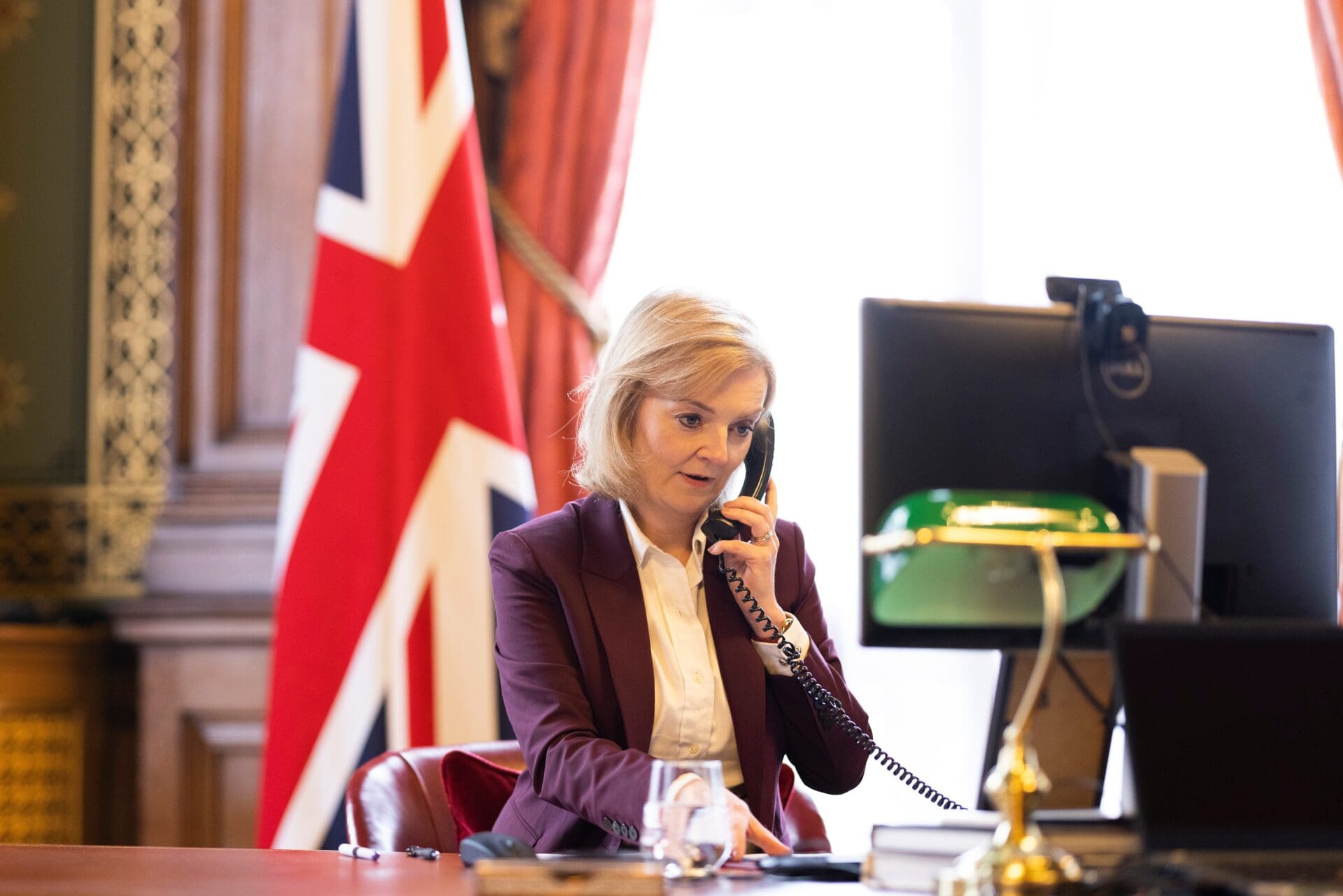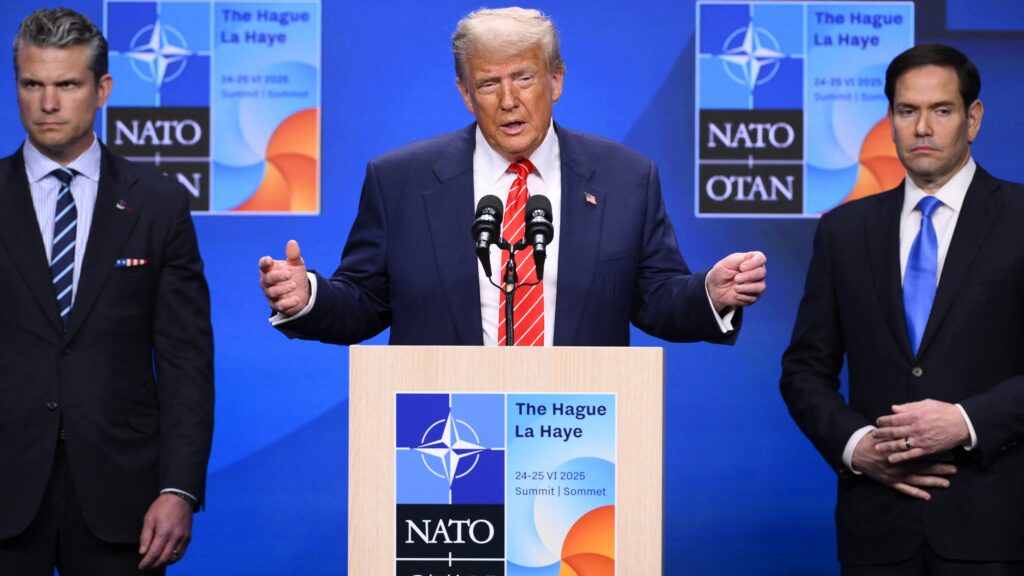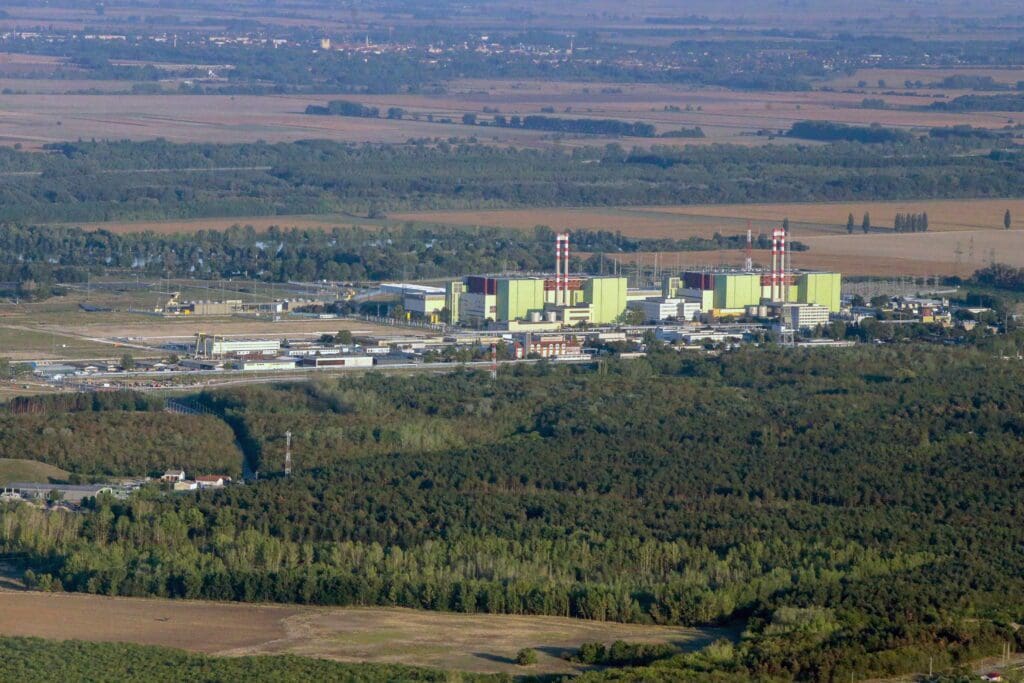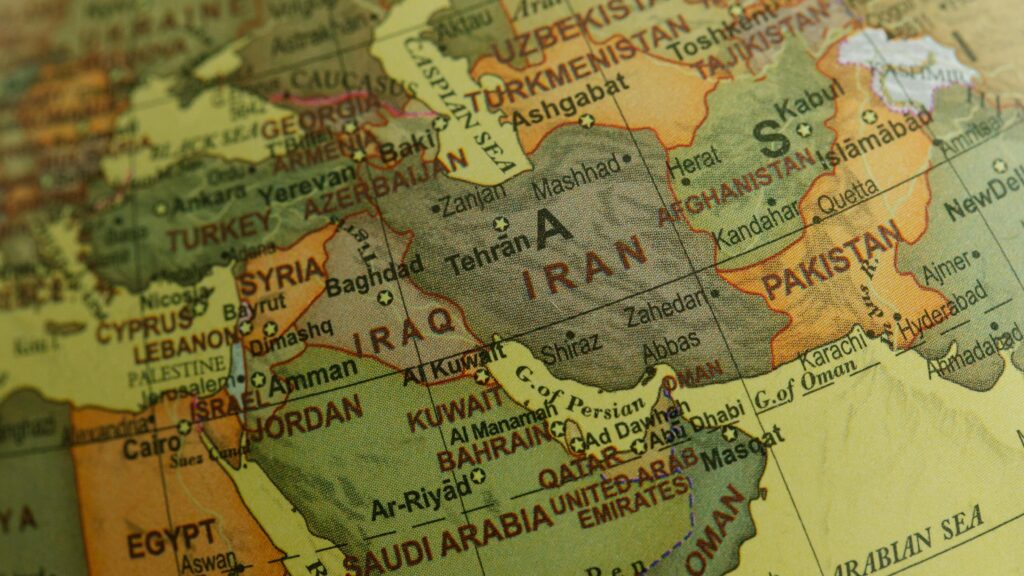In February 2022, as a lead up to the conflict in Ukraine, Liz Truss (then foreign secretary of the United Kingdom) visited Moscow to talk with Russian foreign minister Lavrov. Truss demanded that Russia withdraw troops from the Russian-Ukrainian border. As a response, Lavrov asked Truss whether the United Kingdom recognises Russia’s sovereignty over the Voronezh and Rostov regions. Truss swiftly responded that her country will ‘never’ recognise Russia’s sovereignty over these territories. In a quick intervention the British ambassador, Deborah Bronnert had to awkwardly remind Truss that the Voronezh and Rostov regions are undisputedly Russian and not Ukrainian territories. Truss later admitted that she thought she is being asked about the Ukrainian separatist regions.
It was not only one geographical gaffe that Truss made during her talks with her Russian counterpart. Proving her general ignorance of post-Soviet matters as well, she kept referring to the Minsk Agreement as the Minks Agreement, not to mention when she got the Baltic Sea and the Black Sea mixed up. Beside her unpreparedness, Truss was also called out for emulating the Iron Lady’s style in her clothing during her visit to Moscow and even sounding like ‘Maggie’. Press comments at the time, in Russia in particular, mocked Truss for turning her official visit into a personal photoshoot designed to draw a parallel between herself and Thatcher. All of her gaffes as foreign secretary were widely reported in the Russian media to mock Western unpreparedness, or, as Russian Foreign Ministry spokeswoman Maria Zakharova said, ‘the stupidity and ignorance of Anglo-Saxon politicians’.
Truss’ troubled relationship with Russia did not change during the Conservative premiership campaign either. As a forerunner for Conservative leadership, Truss declared that as prime minister (if elected) she would be ready’ to launch nuclear war if necessary—even if her decision leads to ‘global annihilation’. These comments are particularly worrying considering that previously she also suggested sending British soldiers to fight alongside the Ukrainians, as well as her belief that pushing Russia out of Crimea is ‘realistic’. Both of these comments make her look, in the eye of Moscow, at least, like someone who would not hesitate to further escalate or prolong the war. Especially as the West has been specifically warned by Dmitry Medvedev that any encroachment on the territories seized by Russia in 2014 could lead to World War Three. Moscow also commented on the intensifying Russophobia during the campaign for British premiership, expressing its concern that diplomatic relations may further deteriorate between the UK and Russia if Truss is elected.
First we had the tank picture, now this. Liz Truss must surely be the least imaginative woman in the world. pic.twitter.com/XG3ZIHvWKt
— Ruth Whalley (@Leftdoubleclick) February 10, 2022
The Ukrainian side, on the other hand, welcomed Truss as a long-time supporter of Kiev. Ukraine, understandably, was also enthusiastic of Boris Johnson—under his leadership, the UK was one of the most steadfast supporters of Ukraine in terms of both military and financial aid. As of now, it seems that Truss is not going to change the UK’s dedication to Ukraine, despite the strain on the British population’s standards of living.
While Truss is clearly fond of comparing herself to the Iron Lady, the parallel between them does not stand. Thatcher was tough on foreign policy, yes, but she always had the UK’s best interest at heart. Truss has also tried to project the image of a tough negotiator when it comes to foreign affairs, but her positions often seem to disregard the British population’s financial well-being. Liz Truss’ warmongering rhetoric, including threats to use nuclear weapons, and her urging to levy more sanctions on Russia do not serve the UK’s long-term interests and are likely to anger many Brits who want peace and financial stability to pay for their bills.
It is not only Truss’ warmongering rhetoric but also her poor rapport with Moscow that should cause concern now that she is the head of Her Majesty’s government. Her candidacy reinforces the Russian belief that the West is misinformed about the conflict between Ukraine and Russia and that the UK is ignorant of the region. Coupled with the accusations of her Russophobia and her willingness to stand with Ukraine even if it takes a nuclear response, there is hardly anyone who could be seen by Moscow as more hostile and incompetent a leader than Liz Truss. It came as no surprise that the Kremlin-controlled Channel 1 television (Первый канал) commented on Truss’ election in the following way: ’Well, well…for the first time in history, an ordinary fool will be at the head of Her Majesty’s government. Or maybe an extraordinary one. This is definitely promising.’








